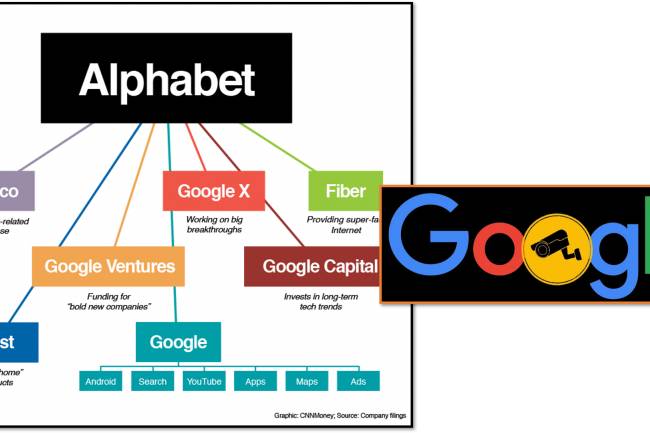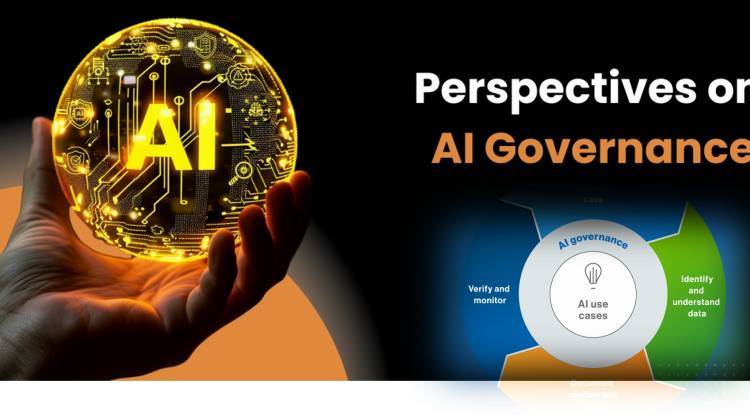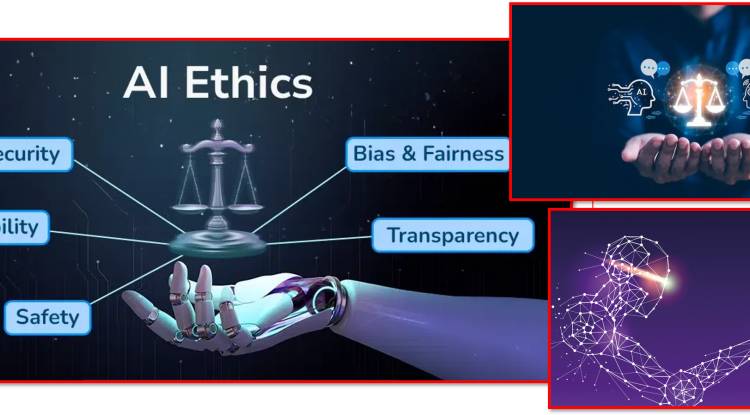Tag : Responsible AI
AI regulation and ethics: Laws and policies ensure AI is fair, transparent, and safe. Key areas: data privacy, bias prevention, accountability, and ethical use of AI. Governments and organizations develop guidelines to regulate AI responsibly.
The AI governance framework ensures responsible AI development by establishing policies for fairness, transparency, privacy, accountability, and safety. This includes ethical guidelines, risk management, human oversight, and regulatory compliance to prevent bias, misuse, and harm while maximizing the benefits of AI.
AI for Good refers to the use of artificial intelligence to solve global challenges and improve human well-being. It improves healthcare, education, environmental sustainability, disaster response, social justice, agriculture, smart cities, financial inclusion, and humanitarian aid. Ethical AI governance ensures fairness, transparency, and accountability, maximizing the positive impacts of AI and minimizing the risks.
Bias and fairness in AI are important concerns as AI systems influence decisions in areas such as employment, healthcare, and justice. Bias arises from problems with data (e.g., historical or sampling bias), algorithmic design, and implementation context. This can lead to discrimination, inequality, and loss of trust. Fairness in AI seeks to eliminate bias by promoting equal opportunity, demographic parity, and transparency. Addressing these issues requires using diverse datasets, fairness-respecting algorithms, human oversight, ethical frameworks, and ongoing monitoring. Despite challenges such as fair trade-offs in terms of accuracy and cultural differences, ensuring fairness is key to building responsible, inclusive, and trustworthy AI systems.
The Ethics of Artificial Intelligence: Issues and Initiatives focuses on addressing ethical challenges arising from the rapid development of AI. Key concerns include bias, confidentiality, accountability, job displacement, arms transfers, and misinformation. Measures to mitigate these issues include establishing global ethical guidelines, promoting transparency, ensuring fair governance of AI, and fostering collaboration between governments, businesses, and research institutions. The goal is to create AI systems that are fair, transparent, and beneficial to society, while minimizing risks to individuals and communities.
Popular Posts
-


Khewra Mine Salt
28.12.2023 0 Comments -


free software download websites for pc
21.09.2023 0 Comments -


Waterfalls: Sajikot Waterfall
05.12.2023 0 Comments -


10 Latest PLC Technology Trends
21.10.2023 0 Comments -


Magic Spoon Cereal Review
28.10.2023 0 Comments -


Google history: When Was Google Founded and By Whom?
31.10.2024 0 Comments
Categories
- AUTO(23)
- HEALTH news(130)
- TECH(12)
- SCIENCE(0)
- SOCIAL MEDIA (0)
- PRESS RELEASES(0)
- TESTIMONIALS (References)(6)
- BIO(1)
- SPORTS (12)
- EARNING ONLINE(0)
- ARCHITECTURE(2)
- IT and AI(98)
- Accessories(3)
- News(77)
- Pet(15)
- Programming (5)
- Shopping (18)
- Visiting Place News(24)
- Foods & Candies(60)
- Style and Fashion news (32)
- Geography News(10)
- Personalities News(4)
- Entertainment News(5)
- Islamic News(1)
- Art news(5)
- Green(2)
- Arabic news(0)








